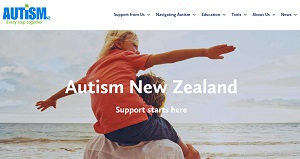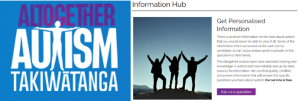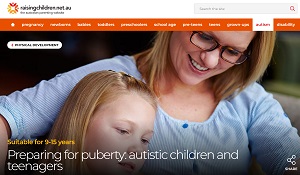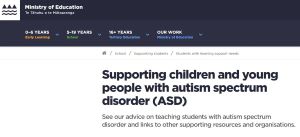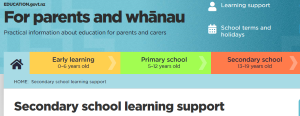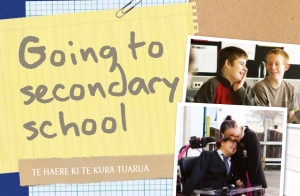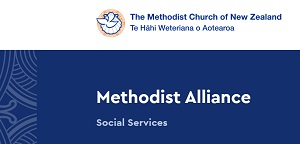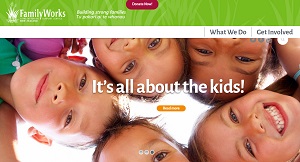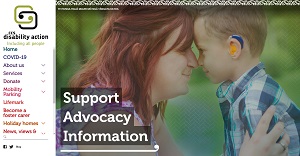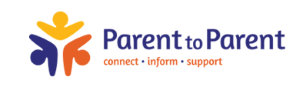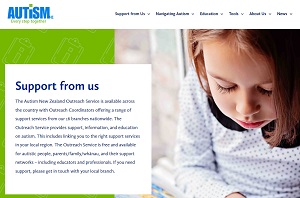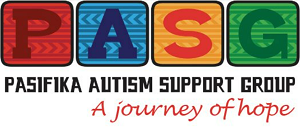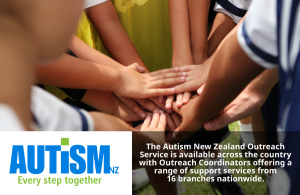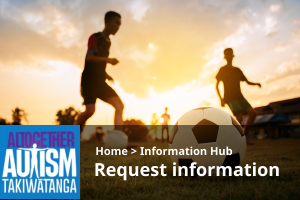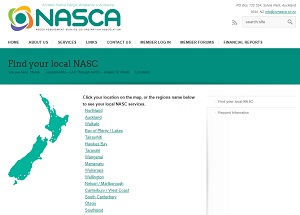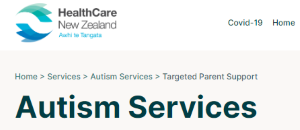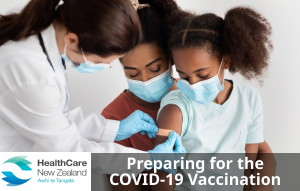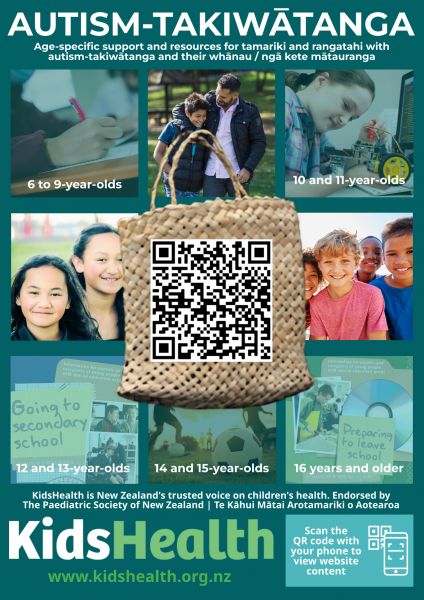Autism-Takiwātanga Support Information For Children Aged 10 & 11
Autism-Takiwātanga Support Information For Children Aged 10 & 11
Age-specific information on autism-takiwātanga
It can sometimes be overwhelming finding age-appropriate information on autism-takiwātanga. This page is designed to make it easier. Many families find they want new information and extra support when their child is about 10 years old.
This includes information on:
- resources and supports
- puberty and transition to high school
- social support for the whānau
This page includes information about helpful organisations and links to useful websites. Click on the images to link through to the websites.
Check out a QR code poster highlighting the content on this page.
Navigating resources and supports
Finding your way through autism-takiwātanga supports and information can feel overwhelming at times. The links below may help you find what you need, or to find someone to help you.
Autism NZ
Autism NZ has resources on navigating the world of autism-takiwātanga, including information to help you understand autism-takiwātanga. The Autism NZ website has many resources for parents and whānau, including education resources.
Autism NZ has 16 branches nationwide - you can ring your local branch for individualised information and support.
Check out the Autism NZ website.
Altogether Autism
Altogether Autism can provide personalised information packages for you - just click on the 'Ask us a question' box and fill in the online information request form.
Check out the information hub section on the Altogether Autism website.
Puberty
Raising Children website
Some families may need information on how to approach puberty, sex education and identity issues. Raisingchildren.net.au has information for whānau. Keep in mind it is an Australian site and not all services described on the site will be available in Aotearoa.
Check out the Raising Children website.
Teen Life
Healthcare NZ's Explore service runs a course called Teen Life. It is run remotely and in person. This course is for parents of children and teenagers with autism-takiwātanga aged 10 to 15 years. It includes sessions on autism-takiwātanga in rangatahi, self-esteem, stress and anxiety, puberty and planning for the future. There is a waitlist so it is recommended people register early.
Check out the Explore section on Teen Life.
Learning support
Transitioning to high school is a time of big changes and needs planning and preparation. The Ministry of Education has some information and advice to help your tamariki and whānau with this transition.
Check out information on supporting children and young people with autism spectrum disorder (ASD).
Check out information on secondary school learning support.
Read the Ministry of Education's Going To Secondary School booklet (PDF, 1.8MB).
Family support
Parenting a child with autism-takiwātanga can be rewarding, but it can also be challenging. Non-religious support is available from Family Works (Presbyterian Support Service) or Methodist Mission. Many other churches and organisations also provide family support.
Find your local Methodist Mission organisation on the Methodist Church of New Zealand website.
CCS Disability Action offers a broad range of support services for disabled people, family and whānau. Services include advocacy for whānau, early intervention in education, and support for people to remain living at home or in their communities.
Find out more about CCS Disability Action.
Parent support
Support for parents is also available from Parent to Parent and Autism NZ. You can also see your GP who may be able to refer you for further support if you find that your mental health is suffering.
Cultural support
Talk to your iwi or hapu about what support they may be able to provide. For help with finding your iwi website, head to the Te Puni Kōkiri website. Once there, you can find your iwi by searching on the map function. Click on the iwi, then on 'Representative Organisations' - this will give you a website address and contact details for your local iwi.
Check out the map function on the Te Puni Kōkiri website.
Pasifika Autism Support Group is for parents and carers of children and youth with autism-takiwātanga. The group aims to meet every term and also operates a Facebook page.
Social skills and support for school-aged children
Many children with autism-takiwātanga need support to develop social skills and friendships.
Some social skills-focused groups that might be useful include:
- music or dance groups
- physical activity, gymnastics, climbing or sports groups
- Lego groups
- social conversation and speaking development groups
- special interest groups
Contact your local Autism NZ outreach coordinator or Altogether Autism cordinator for more information about groups in your area.
Other useful information
Needs Assessment Service Coordination Association (NASCA)
Your local NASCA organisation helps with respite care and carer support. If your situation has changed since your last assessment, please discuss this with your NASCA organisation. If you have a carer support allocation, this may need updating.
Find your local Needs Assessment Service Coordination Association services.
Find out more about Needs Assessment Service Coordination Association
Explore (HealthCare NZ) autism-takiwātanga services
Explore (HealthCare NZ) offers a range of services for children with autism-takiwātanga and their families.
Services include:
Targeted Parenting Support programme
This programme helps parents develop specific skills and goals.
A service to help parents and whānau manage challenging behaviour.
Free online courses to help you understand your child's behaviour, communicate with them and develop strategies.
Check out Healthcare NZ's autism support services.
The Healthcare NZ website also has a section on preparing your child for the COVID-19 immunisation.
QR code poster
To give others easy access to KidsHealth's autism-takiwātanga content, you can share a QR code poster. Anyone can scan the QR code with their smartphone and go straight to the KidsHealth autism-takiwātanga - support and resources by age group landing page.
Share a digital image of the poster (PNG, 3.0MB) or print out a PDF version (PDF, 1.3MB).
See more KidsHealth content on autism-takiwātanga
Check out KidsHealth's section on autism-takiwātanga
Find age-specific resources for autistic children and their families
Find more supports and resources
This page last reviewed 17 August 2022.
Do you have any feedback for KidsHealth?
If you have any feedback about the KidsHealth website, or have a suggestion for new content, please get in touch with us.
Email us now